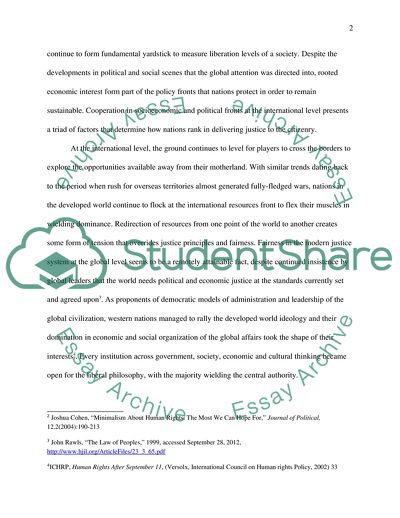Cite this document
(Changes in Global Justice and International Order Essay, n.d.)
Changes in Global Justice and International Order Essay. Retrieved from https://studentshare.org/law/1782563-should-liberal-values-be-promoted-as-universal-human-rights
Changes in Global Justice and International Order Essay. Retrieved from https://studentshare.org/law/1782563-should-liberal-values-be-promoted-as-universal-human-rights
(Changes in Global Justice and International Order Essay)
Changes in Global Justice and International Order Essay. https://studentshare.org/law/1782563-should-liberal-values-be-promoted-as-universal-human-rights.
Changes in Global Justice and International Order Essay. https://studentshare.org/law/1782563-should-liberal-values-be-promoted-as-universal-human-rights.
“Changes in Global Justice and International Order Essay”. https://studentshare.org/law/1782563-should-liberal-values-be-promoted-as-universal-human-rights.


